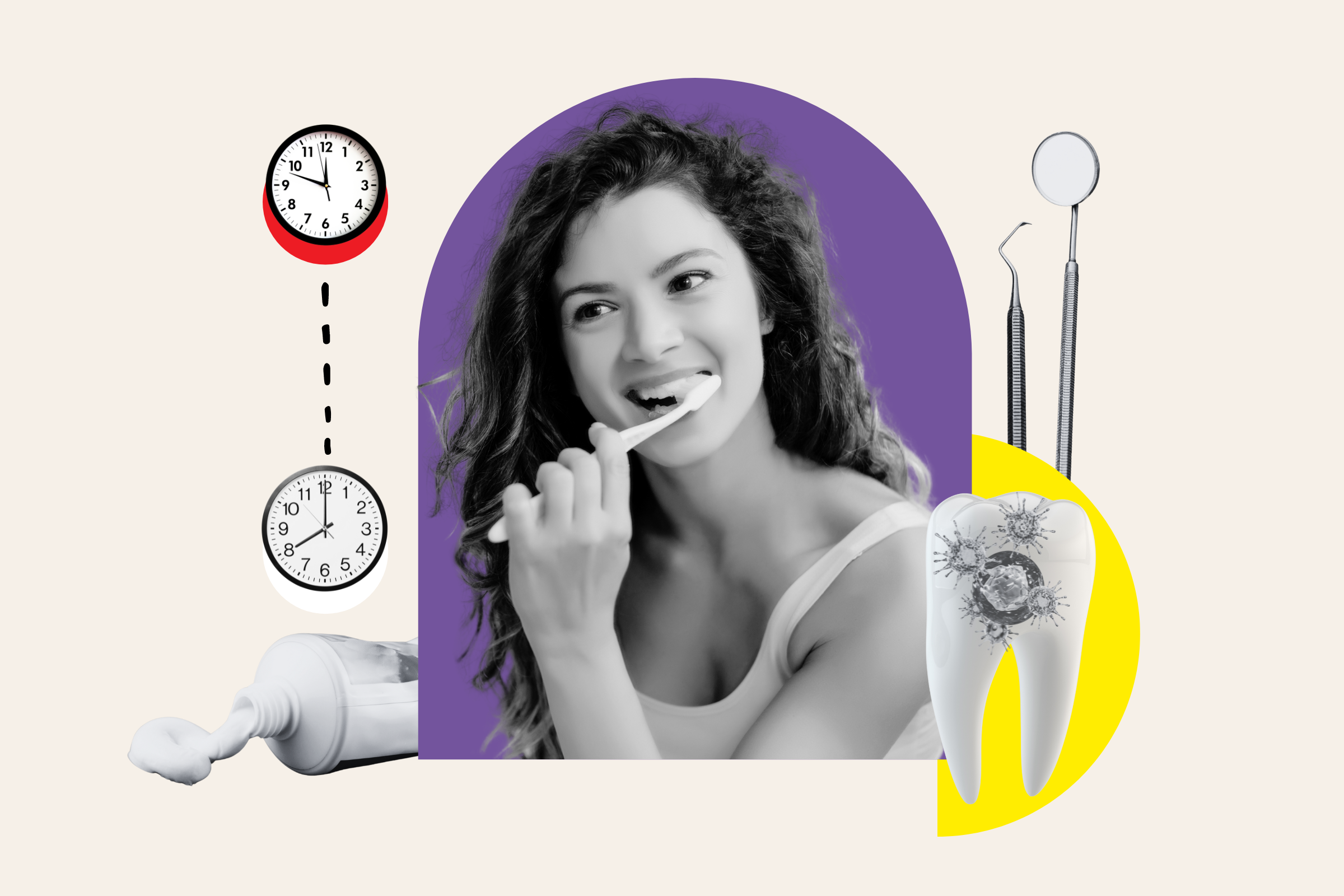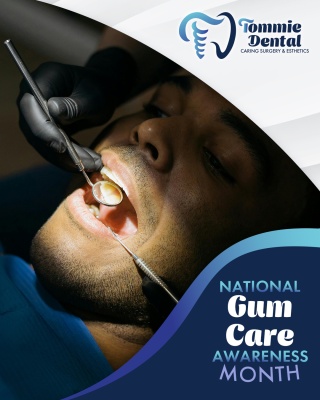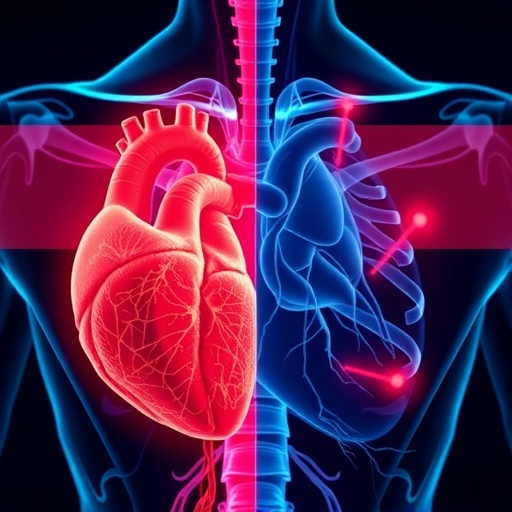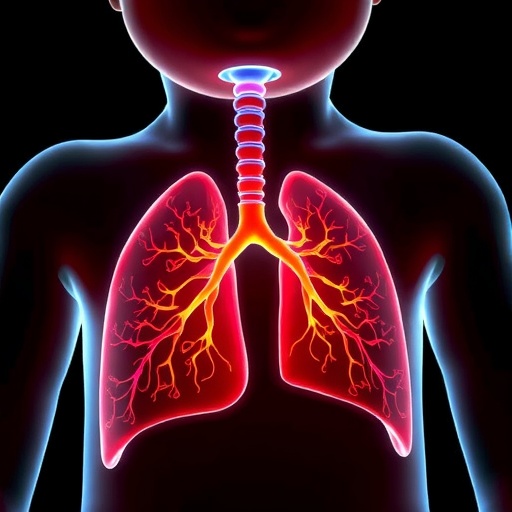Dentist Reveals 4 Common Brushing Mistakes That May Be Damaging Your Teeth

Across an average lifetime, we spend roughly 82 days brushing our teeth. It’s an important step in our daily routine, and, for many of us, one we do on autopilot.
Good oral hygiene is essential for preventing tooth decay and gum disease, but it may also play an important role in reducing our risk of heart disease, dementia, and respiratory infections like pneumonia. And yet, many of us are doing it wrong.
Newsweek spoke to Dr. Smita Mehra, principal dentist at The Neem Tree Dental Practices, to find out what mistakes many of us are making when it comes to brushing our teeth and what we should be doing instead.
Mistake 1: Using Whitening Toothpaste Every Day
According to U.S. Census data, roughly 37 million Americans used tooth whiteners as of 2020, spending billions of dollars every year on at-home whitening products. Many others opt for tooth whitening toothpastes in an attempt to maintain this perfect smile. But are tooth whitening toothpastes a good idea?
“While whitening toothpastes are generally safe to use, using them every day or at high levels may have the potential to damage the teeth or irritate the gums without professional advice from dentists,” Mehra told Newsweek. “This is because the peroxide content in some whitening gels and toothpastes has the potential to cause ulcers or irritation of the gum tissues if used in high quantities.”
She added: “Not only that, but peroxide levels in some whitening toothpastes can also cause tooth sensitivity, which can be extremely painful. It is therefore important that, if you want to use a whitening toothpaste, you seek professional dental advice before doing so. They will be able to direct you on how often you should be using whitening toothpaste, or they may be able to suggest natural alternatives you can try instead.”
Alongside traditional whitening toothpastes, the last few years have seen a rise in the use of charcoal toothpastes, which promise to whiten teeth by absorbing surface stains. However, while activated charcoal may help remove surface stains to some degree, it does not appear to offer many benefits over regular toothpaste, and its abrasive nature can cause damage to the enamel if used every day over long periods of time.
“While charcoal toothpaste has grown in popularity on social media in the last few years, it doesn’t actually have as many benefits for your teeth as you may believe and, in fact, contains lower levels of fluoride than normal toothpaste, which is essential for preventing tooth decay,” Mehra said.
Mistake 2: Brushing Your Teeth Immediately After Eating
How many of you eat your breakfast then immediately go to the bathroom to brush your teeth? While it can be tempting to clean your mouth right after eating, you might be doing more harm than good.
“There is a lot of discourse about how soon you should be brushing your teeth after eating,” Mehra said. “Generally, as dentists, we recommend that you wait about an hour before brushing your teeth after eating, especially foods that are particularly acidic. This can include things such as soft drinks or citrus fruits.”
This is because brushing your teeth right after eating these foods can actually damage your enamel. “You are essentially brushing acid in your mouth all over your teeth,” Mehra said. “Allowing time between brushing and consuming foods allows the saliva in your mouth to wash away any acid, giving time for the enamel in your teeth to harden again.”
It’s also worth leaving a gap after brushing your teeth before consuming these acidic foods and drinks.
“Many brush their teeth as soon as they wake up,” Mehra added. “Again, avoid eating or drinking anything acidic straight after, like lemon tea or eating oranges. Try to leave a gap of about an hour before anything acidic.”

Photo Illustration by Newsweek
Mistake 3: Brushing Your Teeth Too Hard
Mehra said that many “assume that by applying more pressure to the teeth, you are getting rid of more bacteria in the mouth, but actually brushing too hard can contribute to worn enamel and gum recession, which may contribute to sensitivity and gum disease in the long run.”
Mehra added: “As dentists, too often we see people coming in with damaged teeth or gums as a result of brushing the teeth too hard.”
So, how should we be brushing?
“The best way to brush your teeth to guarantee maximum cleaning and little damage is to brush gently but thoroughly, using a soft brush,” Mehra said. “An electric toothbrush is strongly recommended, as the smaller head allows it into those hard-to-reach areas, and you can be gentler.”
Pressure isn’t the only thing you need to consider when brushing your teeth.
“Many people think you should brush your teeth in an up-and-down motion or in circles,” Mehra said. “However, the most effective action is to have the brush at 45 degrees to the gum and then use a sweeping action across all the teeth in the jaw. This ensures the gum-to-tooth interface is cleaned without excessive pressure on the gums.”
Mistake 4: Skipping Your Bedtime Brush
While official guidelines recommend brushing your teeth twice a day, many of us consider the morning brush to be the priority. But while your morning breath might feel worse, brushing your teeth before bed is arguably even more important.
“When we ask patients the question of the most important time to brush, in the morning or night, they always seem to say morning,” Mehra said. “In fact, the answer should be night.”
She added: “Never forget to brush before bedtime. That is the time when all of your dinner is festering in your mouth and bacteria are having a field day. In addition, while you sleep, the washing action of your mouth i.e., your saliva also reduces, and therefore not much cleaning happens naturally. You’ve been warned!”
Is there a health problem that’s worrying you? Do you have a question about teeth whitening? Let us know via [email protected]. We can ask experts for advice, and your story could be featured on Newsweek.
link







